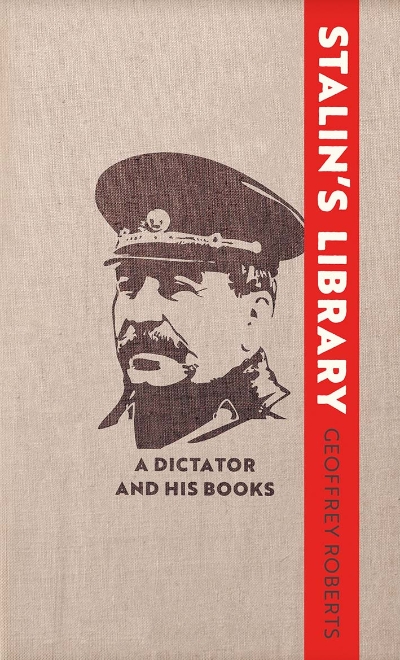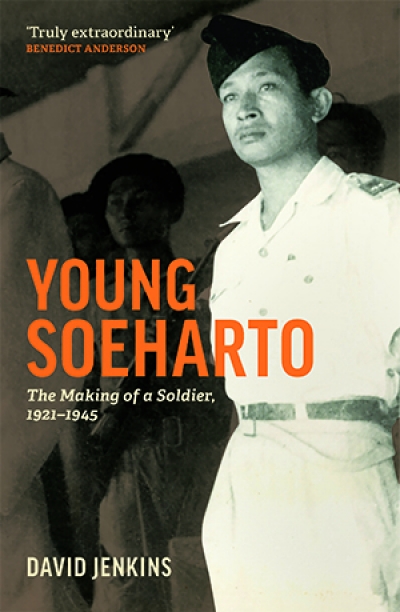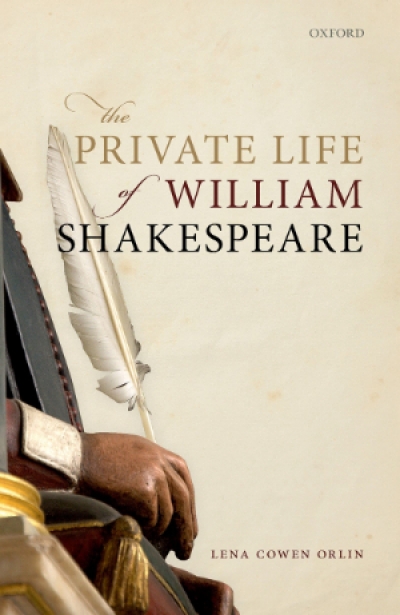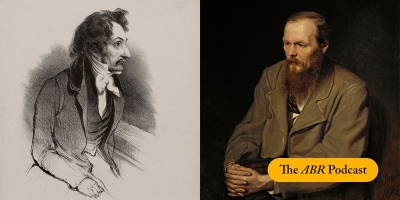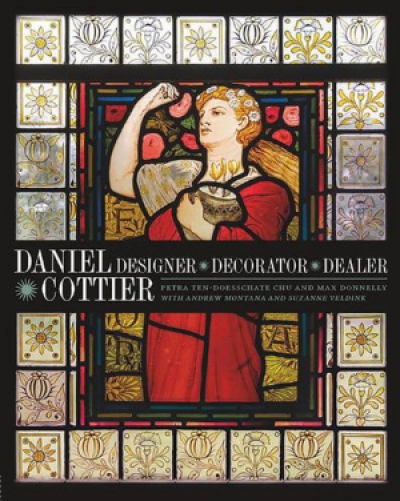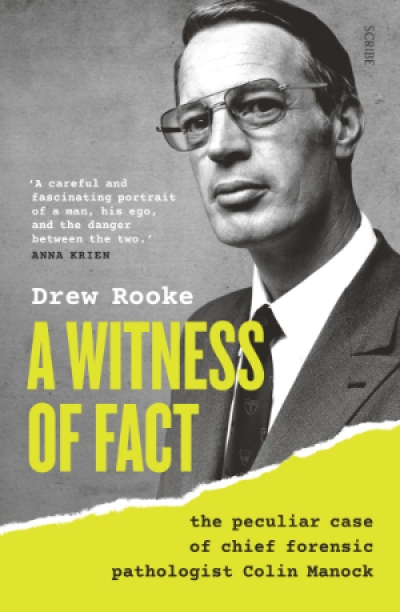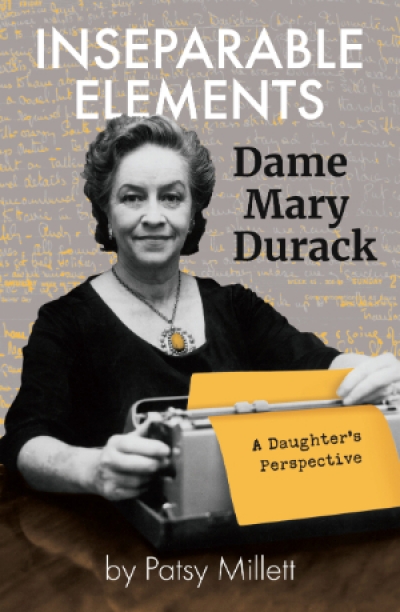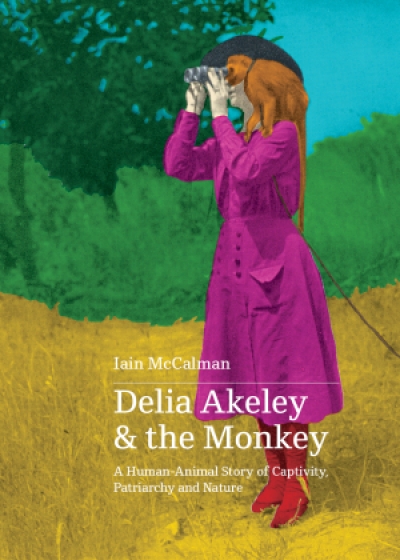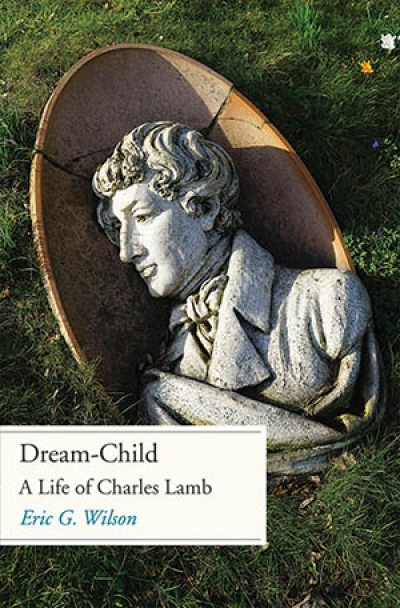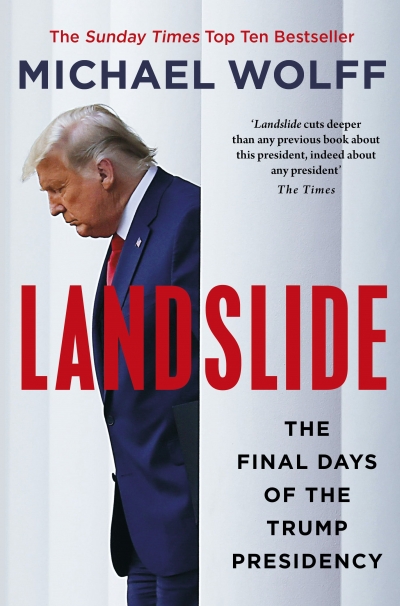Biography
The books we read and collect can provide telling insight into our lives. Indeed, bookshelves often draw the immediate attention of our guests, who seek to discern clues about us from the titles that we have accumulated. With Stalin’s Library: A dictator and his books, Geoffrey Roberts takes on the role of a curious visitor perusing the impressive library of Joseph Stalin (1878–1953), who, as head of the Soviet Union, amassed a collection of some 25,000 items. Conceptualised as a biography and intellectual portrait, Stalin’s Library joins a crowded field of works aimed at cracking the Stalin enigma. Setting this latest biography apart is its focus on Stalin’s personal library as a basis for constructing a ‘picture of the reading life of the twentieth century’s most self-consciously intellectual dictator’.
... (read more)Young Soeharto: The making of a soldier, 1921–1945 by David Jenkins
At last we have it – the much-anticipated first volume of the definitive biography of President Soeharto (1921–2008). It is the culminating work in the distinguished career of Australian journalist David Jenkins. This startling volume, covering the years 1921–45, will appeal to the general reader and the Indonesia specialist. It has been described as ‘truly extraordinary’ by the late Benedict Anderson, the prominent Indonesia scholar.
... (read more)The basic facts of William Shakespeare’s life – his baptism, early marriage, three children, shareholder status in his playing company, acquisition of a coat of arms, purchase of New Place in Stratford, and his death in 1616 – are well known. Is there anything new to say?
... (read more)Author and scholar Kevin Birmingham has shown that books as much as people are worthy subjects of biography. This year he has followed up The Most Dangerous Book, his award-winning account of the battle to get James Joyce’s Ulysses published, with The Sinner and the Saint, a book about the genesis of another classic: Crime and Punishment. In this week’s episode of The ABR Podcast, Geordie Williamson reads his review of Birmingham’s latest study, one which ‘brings microscopic detail and a sense of drama to the composition’ of Fyodor Dostoevsky’s masterpiece.
... (read more)Daniel Cottier: Designer, decorator, dealer by Petra ten-Doesschate Chu and Max Donnelly, with Andrew Montana and Suzan Veldink
Among the most celebrated of nineteenth-century British decoration firms, but one that is almost completely forgotten today, was Cottier & Co., founded by the Glaswegian decorator and stained glass artist Daniel Cottier in 1869. The volume Daniel Cottier: Designer, decorator, dealer is the first comprehensive scholarly treatment of this decorator and his eponymous firm. With branches in London, New York, and Sydney, this was a remarkable international enterprise disseminating the principles of Aesthetic interior design, the movement that construed the role of art to be the provision of uplifting delight through visual beauty.
... (read more)A Witness of Fact: The peculiar case of chief forensic pathologist Colin Manock by Drew Rooke
Drew Rooke begins A Witness of Fact in the viewing gallery of Adelaide’s Forensic Science Centre, his eyes scanning the stainless steel benchtops, scissors, ladles, a pair of ‘large, heavy-duty shears used for cutting through ribs’, and an arsenal of knives of different styles and sizes – ‘what you would see in a commercial kitchen’. The atmosphere is cool, sterile, and menacing. This is where disgraced forensic pathologist Colin Manock worked for thirty years. Given that this book is about Manock, the opening could be confused with scene-setting. But there is a deeper significance to the author’s choice of words, one that goes to the heart of his book: what transforms knives in a commercial kitchen into specialist tools of medical forensics?
... (read more)Inseparable Elements: Dame Mary Durack, a daughter’s perspective by Patsy Millett
Another book about a mother by a daughter, I thought when I saw this one, summoning to mind Biff Ward’s In My Mother’s Hands (2014), Kate Grenville’s One Life (2015), and Nadia Wheatley’s Her Mother’s Daughter (2018). But while each of those books presents an impressive woman cramped – sometimes tragically so – by her postwar circumstances, in this case we have a subject who was nothing short of a national treasure.
... (read more)Delia Akeley and the Monkey: A human-animal story of captivity, patriarchy and nature by Iain McCalman
Family histories are always complicated. Delia (‘Mickie’) Akeley and her monkey, JT Jr, are the titular family in this intriguing book, but its story includes the grand global family of colonial museums, and the personal families of Theodore Roosevelt and the author, Iain McCalman.
... (read more)The life of Charles Lamb reads like a tale by Charles Dickens. In 1775, a sweet-natured boy is born in the Inns of Court, the ancient legal district in the city of London. The boy’s father, John Lamb, works as clerk, scribe, and all-round dogsbody for an imbecilic barrister called Samuel Salt – the names themselves are Dickensian – who does nothing without first consulting his servant. Charles, the youngest child by eleven years, grows up amid the great halls, libraries, chapels, staircases, sundials, fountains, and hidden orchards of the Inner Temple; his early youth is an Eden, but there is a serpent in the garden, because madness runs in the Lamb family.
... (read more)Landslide by Michael Wolff & Peril by Bob Woodward and Robert Costa
The Trump presidency (2017–21) has generated more books across its four years than most presidencies have across eight. It is ironic that an avowedly anti-intellectual president, who advertises his dislike of reading, has had such a profound impact on political literature. These two books – Landslide and Peril – will likely remain the most read of that growing collection. As their titles suggest, each is a chronicle of the chaos that consumed the United States during and after the 2020 election campaign.
... (read more)
